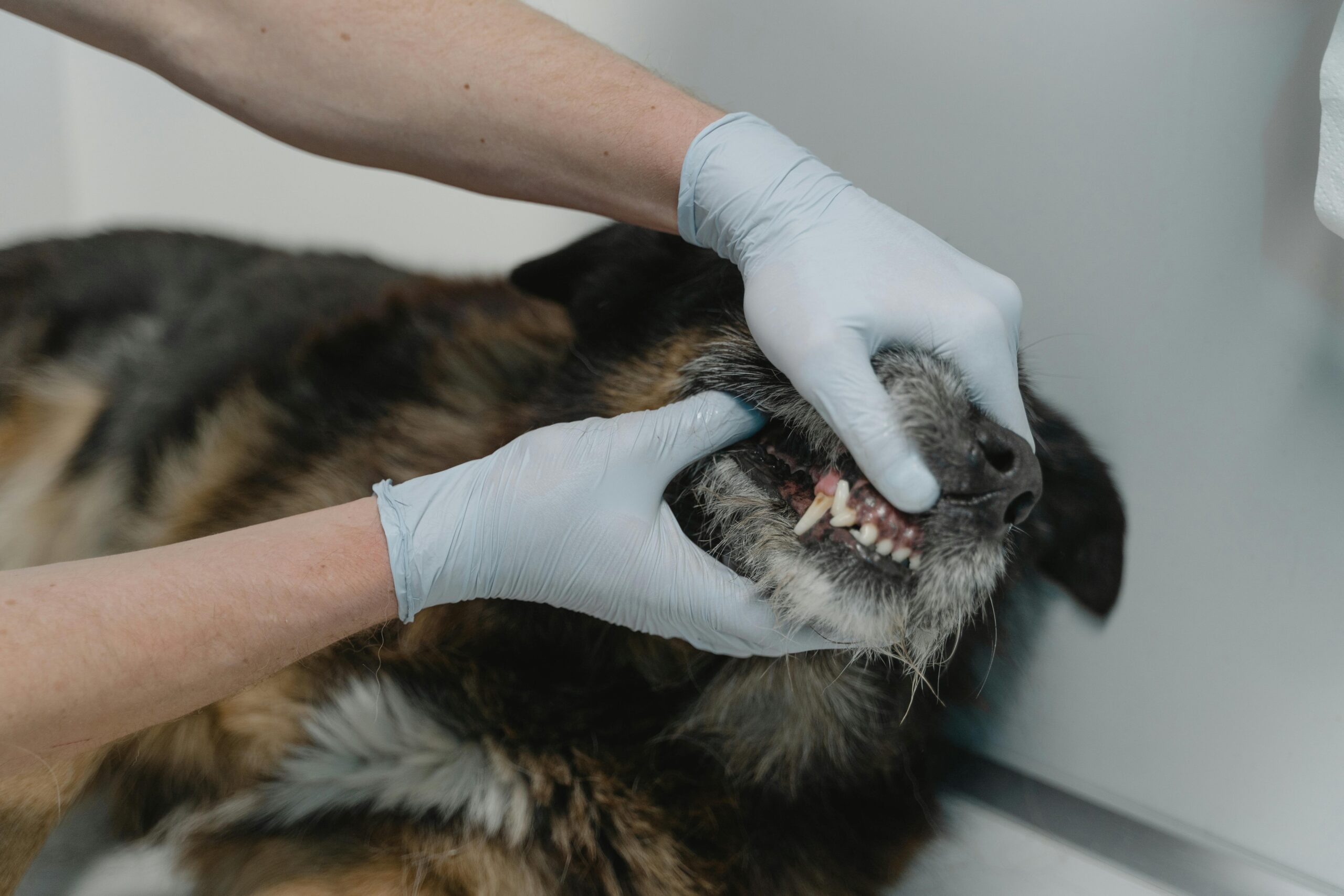February is dental health month. As pet owners in Puerto Rico, it is crucial to prioritize the dental health of our furry companions. From the time they are puppies and kittens, there are steps we can take to ensure they enjoy a lifetime of healthy teeth and gums. Did you know that adult dogs have 42 teeth and cats have 30?
At a few weeks of age, puppies and kittens begin to erupt their baby teeth, which are then replaced by permanent teeth between 4 and 6 months of age. This early stage is the perfect opportunity for you to gently familiarize your pets with the habit of opening their mouths and touching their teeth and gums. This will not only make future visits to the veterinarian easier, but it also makes routine tooth brushing a more acceptable and comfortable practice for your pet.
The development of dental disease begins with the accumulation of tartar and bacteria on the teeth. If left unchecked, tartar and bacteria can infiltrate the space between the gums and teeth, causing inflammation and weakening the attachment of the teeth to the underlying bone. Over time, this can lead to painful gingivitis, loose teeth and even abscesses. Regular veterinary checkups are essential; your veterinarian may recommend dental cleanings to prevent these problems or to treat them once they appear.
At our veterinary hospital, dental procedures require patients to be under general anesthesia. We perform full mouth radiographs to evaluate any hidden problems under general anesthesia. Each tooth is meticulously examined for fractures, pockets of infection and mobility, which helps us determine if any extraction is necessary.
If extraction is necessary, we create an opening in the gums, drill out the diseased tooth and root (keeping in mind that cat and dog teeth can have multiple roots), and then close the gum opening. We ensure that all remaining teeth are thoroughly cleaned with ultrasonic scalers to remove tartar from below the gum line, followed by polishing the teeth.
It is vital to have conversations about your pet's dental health with your veterinarian. Neglecting your pet's oral care can cause them not only pain, but also affect their overall well-being, resulting in costly dental procedures and your pet having bad breath.
Let's make this February a month to commit to improving our pets' dental health!
Author: Dr. Gabriel Cintron
